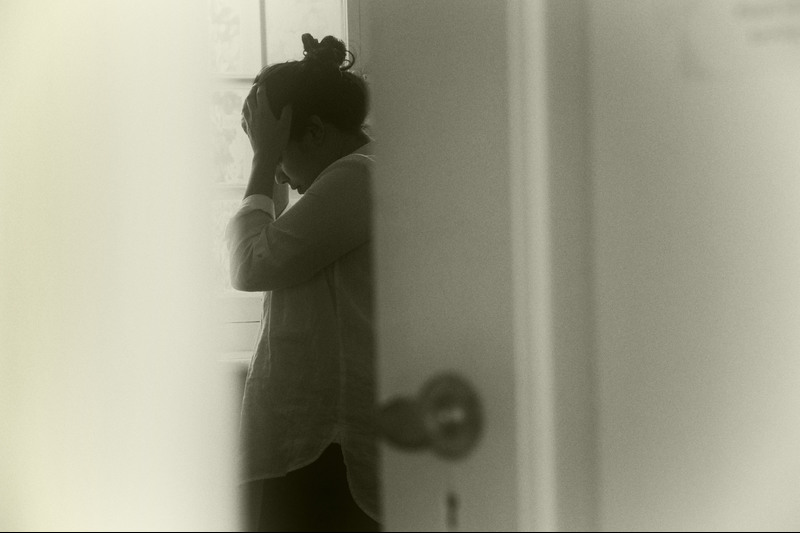Depression top of World Health Day agenda
26 April 2017 | Story by Yusuf Omar. Photo by Michael Hammond.
Aziza* had just given birth to her second child. Unlike the first time, the nurses were gentle, she says, and referred her to a counsellor from the Perinatal Mental Health Project (PMHP), based at UCT, who reassured her that the depression-like symptoms she experienced were shared by many women in her position.
When Aziza was pregnant with her first child, she felt unwell and she and her partner, Jacob, were struggling financially. When Jacob found casual work that prevented him from accompanying her to the hospital as she went into labour, he had to take it. Curt nurses, angry that Aziza had missed a few clinic visits, didn’t make it any easier.
Alone, scared, weak, ashamed, bad mother – these were some of the adjectives Aziza used to describe how she felt.
“For the first few months of my baby’s life, I continued to feel tired, unhappy and unmotivated,” she reports. “Jacob didn’t understand what was happening and our relationship went through a bad patch.”
But this depression and anxiety was quite normal, the PMHP counsellor at the clinic reassured Aziza. At last, she “felt supported and understood”.
The PMHP was created as a response to the need for integrated mental healthcare for pregnant and postpartum women and girls. Pregnant women and girls from disadvantaged communities that are affected by poverty, HIV/AIDS, intimate partner violence and insecure refugee status are the people that PMHP most hopes to assist.
Poor women most vulnerable
Aziza’s story is sadly one among many.
The World Health Organization estimates that the total number of people living with depression increased by 18.4% between 2005 and 2015 and that depression is the leading cause of disability worldwide. More than 80% of this disease burden is among people living in low- and middle-income countries like South Africa.
Moreover, rates of antenatal and postnatal depression and anxiety in South Africa appear to be far higher than those in high-income settings and even in other low- and middle-income settings. This was according to a statement from the Alan J Flisher Centre for Public Mental Health (CPMH) to mark World Health Day on 7 April, for which the theme was depression.
“Depression is a major public health issue and an important economic issue. It can no longer be ignored by policy makers,” says CPMH director Professor Crick Lund. “Solutions are available, and we know more about what needs to be done than ever before, for example by providing care in primary healthcare and community settings. But we need the political will and commitment, especially from provincial departments of Health to implement our national Mental Health Policy Framework (2013–2020).”
*Name changed to protect identity.
 This work is licensed under a Creative Commons Attribution-NoDerivatives 4.0 International License.
This work is licensed under a Creative Commons Attribution-NoDerivatives 4.0 International License.
Please view the republishing articles page for more information.










